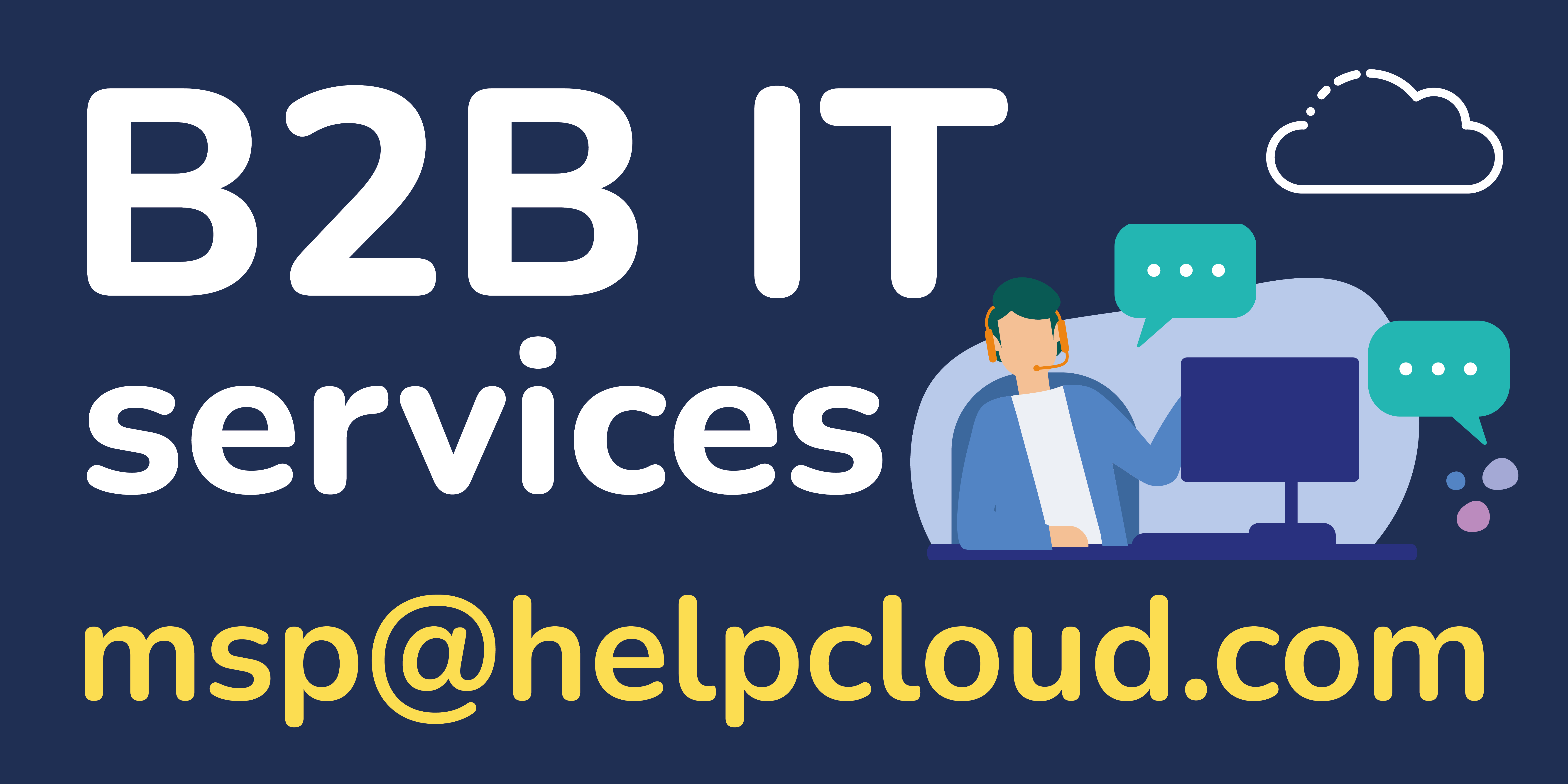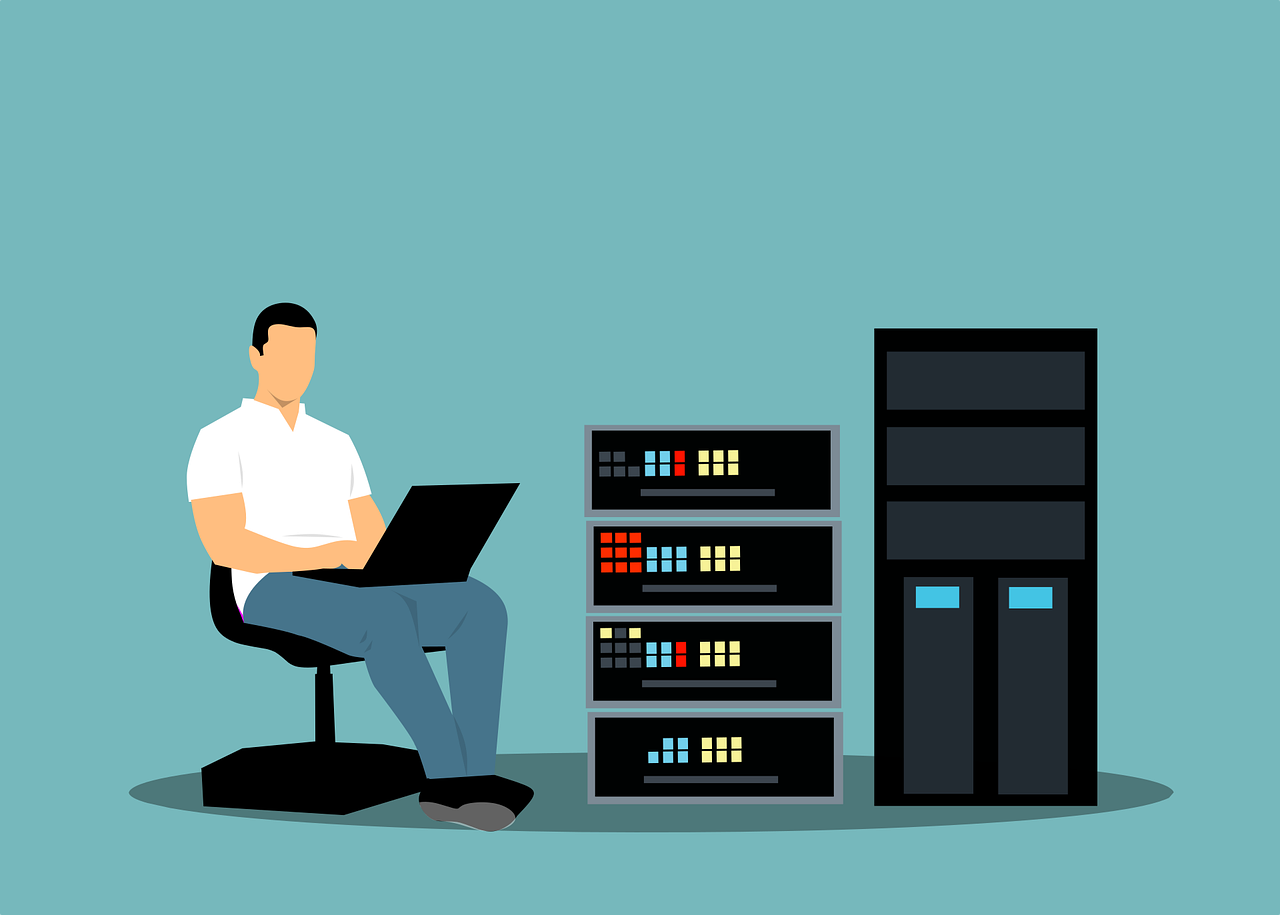As technology continues to evolve at an unprecedented pace, businesses around the globe are increasingly turning to managed service providers (MSPs) to streamline their operations, enhance security, and leverage the power of cutting-edge solutions. The year 2023 has ushered in a new era of advancements in the managed services landscape. In this blog post, we will explore the most noteworthy developments that are reshaping the role of MSPs and revolutionizing the way organizations manage their IT infrastructure.
1. AI-Driven Automation:
In the dynamic realm of managed services, the integration of artificial intelligence (AI) has emerged as a game-changer, reshaping the landscape and propelling businesses into a new era of efficiency and innovation. In 2023, the evolution of AI-driven automation is not just a technological upgrade; it's a strategic imperative for organizations seeking to stay competitive in an ever-evolving digital ecosystem.

Proactive Problem Resolution:
AI-driven automation empowers managed service providers (MSPs) to adopt a proactive approach to problem resolution. By leveraging machine learning algorithms, MSPs can predict and identify potential issues before they escalate, allowing for swift intervention. This predictive capability not only minimizes downtime but also enhances the overall reliability of IT infrastructure.
Streamlining Routine Tasks:
MSPs are harnessing the power of AI to automate routine and mundane tasks that traditionally consumed significant time and resources. From software updates and patch management to routine system checks, AI-driven automation frees up human resources to focus on more strategic, value-added tasks. This not only improves operational efficiency but also allows IT professionals to engage in more creative and complex problem-solving.
Intelligent Resource Allocation:
AI's ability to analyze vast amounts of data in real-time enables MSPs to intelligently allocate resources. Whether it's optimizing server loads, managing network traffic, or balancing workloads across cloud environments, AI-driven automation ensures that resources are used efficiently. This is particularly crucial in dynamic business environments where demand fluctuates, and scaling infrastructure on-demand is a necessity.
Enhanced Security Measures:
Cybersecurity is a top priority for businesses, and AI-driven automation is a potent weapon in the fight against evolving cyber threats. Machine learning algorithms can analyze patterns and detect anomalies in network behavior, identifying potential security breaches before they can cause substantial harm. This level of proactive threat detection is essential in an era where cyberattacks are becoming more sophisticated and targeted.
Continuous Learning and Adaptation:
The iterative nature of AI allows for continuous learning and adaptation. As MSPs deploy AI-driven automation, the systems evolve over time, becoming more adept at understanding and addressing the unique challenges of a specific IT environment. This adaptability is invaluable in a technology landscape where the only constant is change.
Cost Optimization:
AI-driven automation is not just about improving performance; it's also about optimizing costs. By automating repetitive tasks and streamlining operations, organizations can achieve significant cost savings. The ability to scale resources dynamically based on demand, coupled with intelligent resource allocation, ensures that businesses pay only for the computing power they need, reducing unnecessary expenditure.

AI-driven automation stands at the forefront of managed service provider developments in 2023. Its transformative impact extends beyond operational efficiency, reaching into the realms of cybersecurity, resource optimization, and adaptive learning. As businesses increasingly recognize the strategic importance of these capabilities, the integration of AI-driven automation is poised to become a defining factor in the success of managed services in the digital age. Embracing this technology not only future-proofs organizations but also unlocks unprecedented potential for innovation and growth.
2. Zero-Trust Security Architecture:
With the increasing frequency and sophistication of cyber threats, security is a top concern for businesses. Managed service providers are adopting a zero-trust security approach, where trust is never assumed, and every user and device is treated as potentially untrusted. This proactive approach to security ensures that even if a breach occurs, the impact is minimized, and unauthorized access is swiftly contained.
3. Edge Computing Integration:
As the demand for real-time data processing grows, MSPs are incorporating edge computing into their service offerings. Edge computing involves processing data closer to the source of generation, reducing latency and improving overall performance. This development is particularly crucial for industries like manufacturing, healthcare, and finance, where instantaneous decision-making is paramount.
4. Hybrid Cloud Solutions:
In the ever-expanding universe of cloud computing, 2023 is witnessing a significant paradigm shift as organizations increasingly turn to hybrid cloud solutions to meet their diverse and dynamic business needs. Hybrid cloud has emerged as a strategic choice, providing a flexible and balanced approach that leverages the best of both on-premises infrastructure and public cloud services. Let's delve into the transformative power of hybrid cloud solutions and how they are reshaping the way businesses approach their IT strategies.
Flexibility and Scalability:
One of the primary advantages of hybrid cloud solutions is the unparalleled flexibility they offer. Organizations can seamlessly scale their IT infrastructure by integrating on-premises resources with public cloud services. This flexibility is particularly crucial for businesses with fluctuating workloads or seasonal demands, allowing them to scale up or down as needed without the constraints of a fixed infrastructure.
Optimal Resource Utilization:
Hybrid cloud architectures empower organizations to optimize resource utilization by strategically allocating workloads. Mission-critical and sensitive applications can be kept on-premises for enhanced security and compliance, while less sensitive workloads can leverage the scalability of public cloud resources. This balance ensures that resources are allocated efficiently, maximizing performance and minimizing costs.
Enhanced Security and Compliance:
Security concerns often deter organizations from fully embracing the public cloud. Hybrid cloud solutions provide a compromise, allowing businesses to keep sensitive data on-premises while still benefiting from the agility of the cloud for other non-sensitive operations. This approach enhances overall security and facilitates compliance with industry regulations and data protection standards.

Seamless Data and Application Portability:
Hybrid cloud architectures enable seamless data and application portability between on-premises infrastructure and the cloud. This interoperability ensures that organizations can deploy workloads where they make the most sense, facilitating efficient data management and reducing vendor lock-in. The ability to move workloads dynamically is particularly advantageous for businesses with evolving IT requirements.
Disaster Recovery and Business Continuity:
Hybrid cloud solutions play a crucial role in enhancing disaster recovery and business continuity strategies. By replicating critical data and applications in both on-premises and cloud environments, organizations can ensure rapid recovery in the event of a disaster or system failure. This redundancy minimizes downtime and ensures the continuity of essential business operations.
Cost Optimization:
Cost efficiency remains a paramount consideration for businesses, and hybrid cloud solutions provide a means to optimize expenses. By dynamically scaling resources based on demand, organizations can avoid over-provisioning and only pay for the computing power they use. This pay-as-you-go model, coupled with strategic workload placement, results in cost-effective IT operations.
In conclusion, the adoption of hybrid cloud solutions is a pivotal development in the IT landscape of 2023. As organizations seek a balanced approach that combines the benefits of on-premises infrastructure with the agility of the cloud, hybrid solutions have emerged as a strategic imperative. This nuanced approach to cloud computing not only addresses security and compliance concerns but also unlocks a new level of flexibility and scalability, empowering businesses to navigate the complexities of the digital era with confidence. Embracing hybrid cloud solutions is not just an IT strategy; it's a journey towards a more resilient, agile, and future-ready organization.
5. Customizable Service Models:
Recognizing the diverse needs of businesses, managed service providers are increasingly offering customizable service models. This flexibility allows organizations to tailor their managed services to specific requirements, ensuring they get the most value out of their investment. Whether it's a small business looking for basic IT support or a large enterprise requiring a comprehensive suite of services, customizable service models empower clients to choose the solutions that best fit their unique challenges.
Wrapping Up 2023
The managed service provider landscape is undergoing a profound transformation in 2023, marked by advancements in AI, heightened security measures, edge computing integration, and customizable service models. As businesses navigate an increasingly complex technological environment, the role of MSPs becomes pivotal in providing strategic guidance and reliable support. Embracing these developments allows organizations to not only stay ahead of the curve but also to unlock new possibilities for growth and innovation in the digital age.

